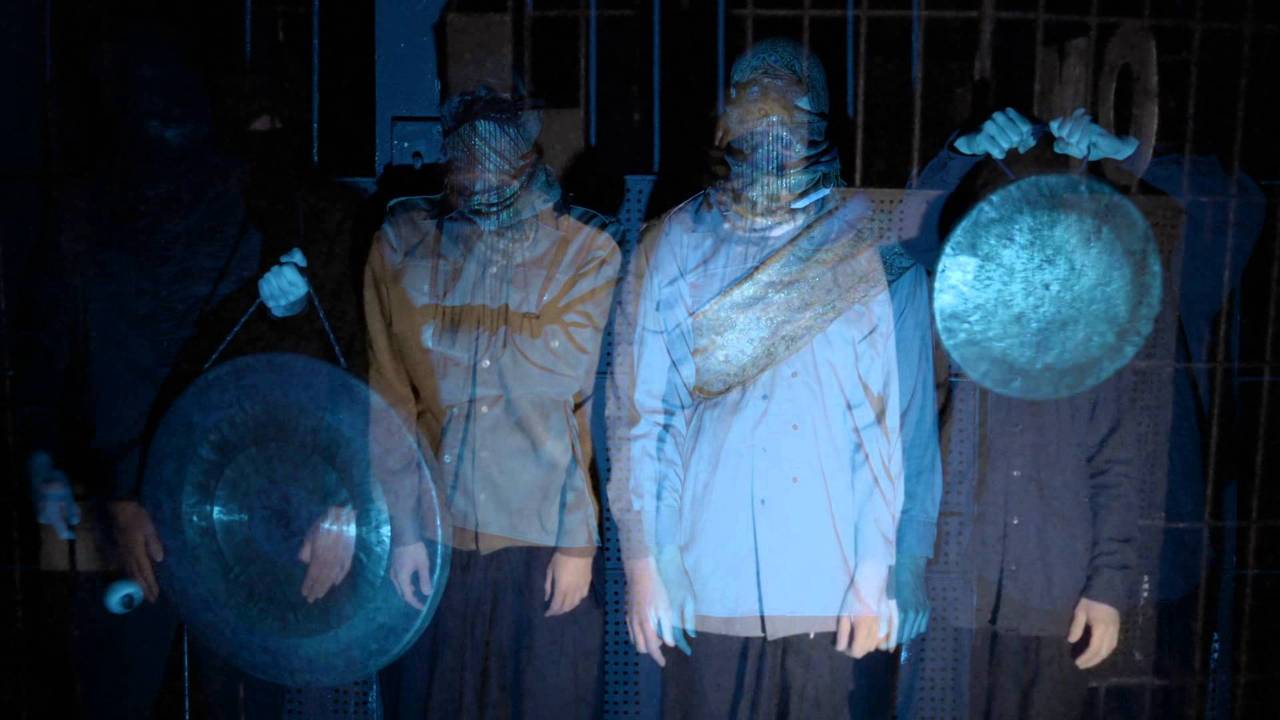Written by:
The Attic
Share article:
Native Instrument
Due to the tragic and unfortunate events from last year that happened in Bucharest (the fire in Colectiv club), many bars, clubs and venues have been closed. The subcultures attached to them are being threatened by the sudden revitalized mania of regulations and, according to the organizers, Rokolectiv has been deprived of its mission to activate alternative spaces. Therefore, the festival will be hosted this year by Control Club, with an Opening Night at the Museum of Contemporary Art.
Here are some projects and special events that you should not miss at this year's edition of the festival. Check the official website for the entire program.
--
Native Instrument is a Berlin based sound collaboration bringing together the field recording archive of Felicity Mangan and the precise, minimal vocabulary of Stine Janvin Motland. Their music is built from electronic and vocal adaptations of animal and insect recordings originating mainly from the Australian and North European fauna.
The organic mix of bug beats and atmospheric soundscapes uncovers a sonic ambiguity between rural nature, electronics and the human voice, creating a peculiar musical universe with references to low-fi pop and techno.

